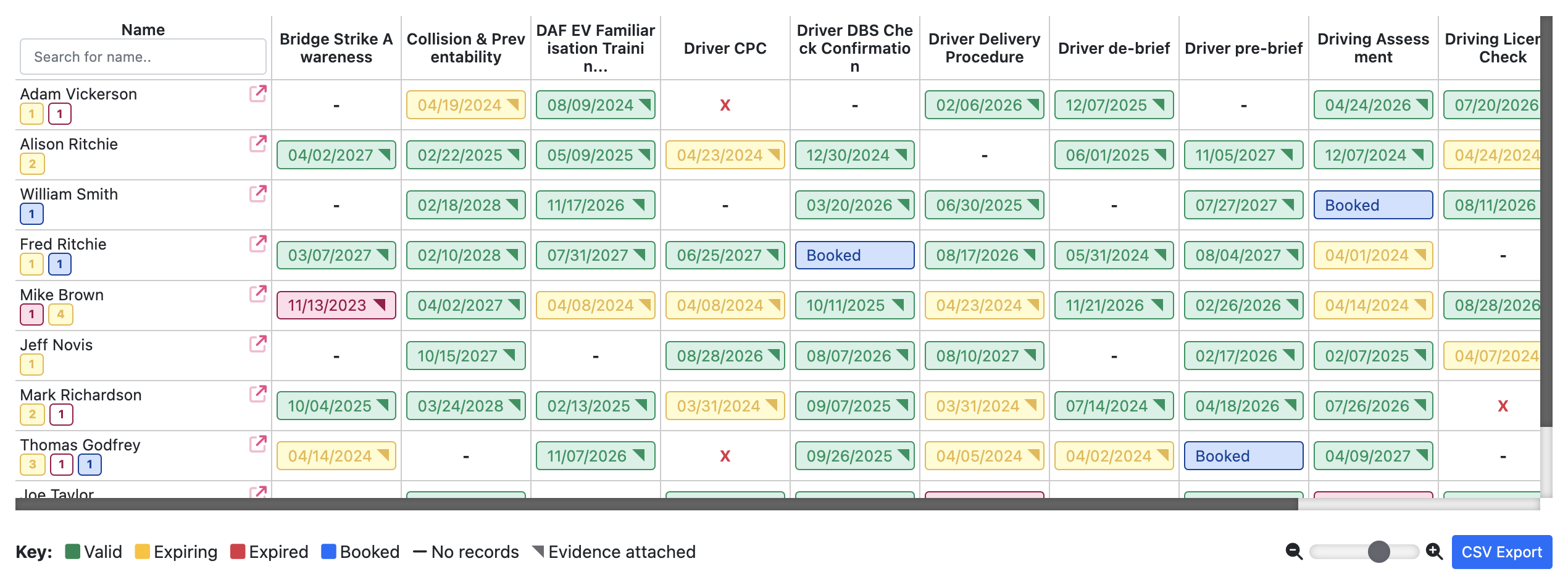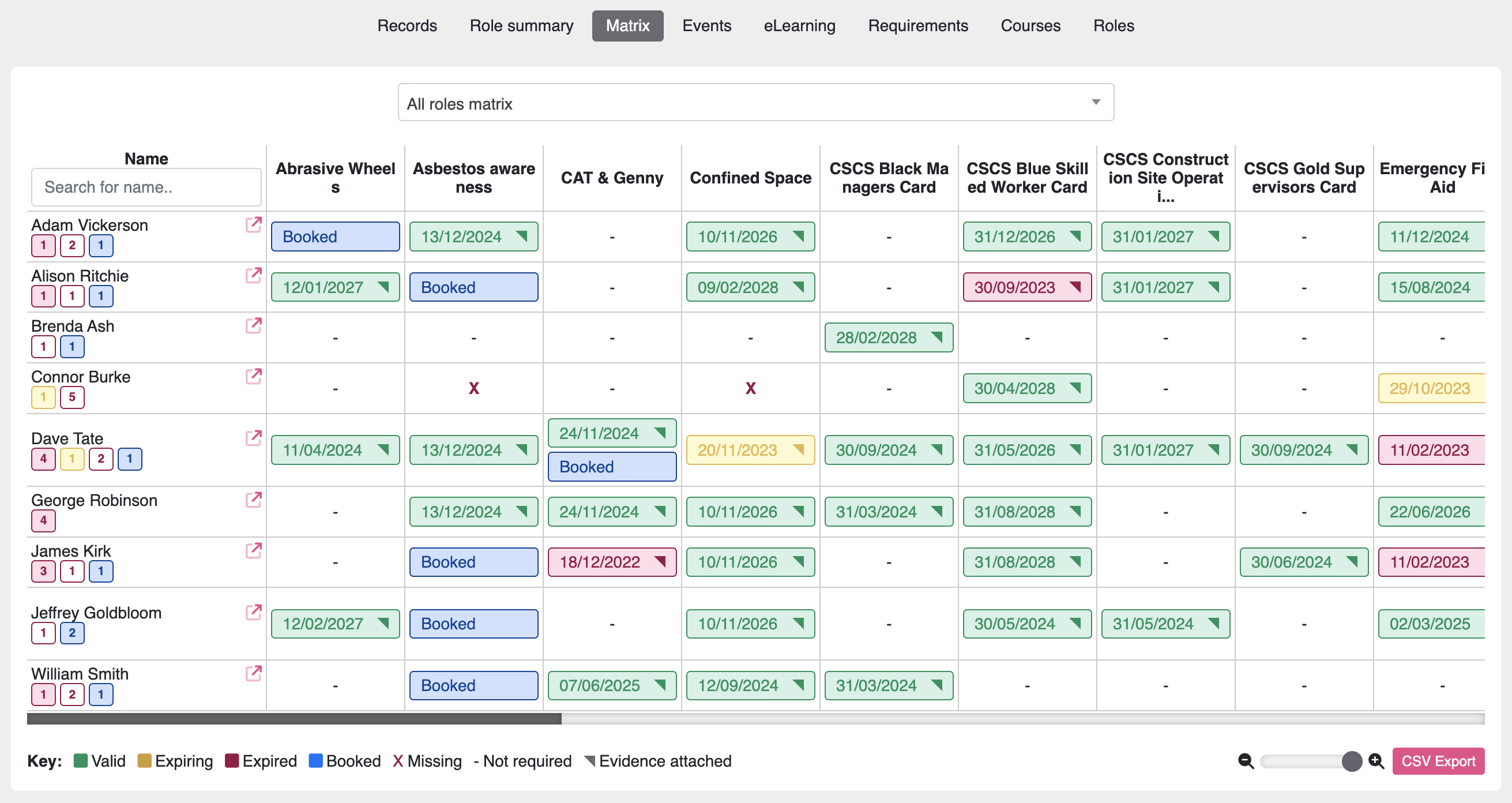The world of human resources is constantly evolving, and it’s important for HR professionals to stay ahead of the curve. As we look towards the future, it’s clear that there are some major trends that will shape the HR landscape in the coming years. In this article, we’ll explore some of the emerging HR trends and make predictions for what the HR industry will look like in 2024.
Continuing HR Trends – The Rise of Remote Work
The COVID-19 pandemic forced many companies to adopt remote work policies, and this trend is likely to continue in the coming years. In fact, a recent survey found that 74% of CFOs plan to shift some employees to remote work permanently.
Remote work offers many benefits for both employees and employers. It allows for a better work-life balance, reduces commute time and costs, and can even increase productivity. As a result, we can expect to see more companies embracing remote work as a permanent option for their employees.
HR Automation and Artificial Intelligence
The use of technology in HR is not a new trend, but it’s one that will continue to grow in the coming years. With the rise of artificial intelligence (AI) and machine learning, HR processes such as recruitment, onboarding, and performance management can be automated, freeing up HR professionals to focus on more strategic tasks.
AI can also help with diversity and inclusion efforts by removing bias from the hiring process. By analyzing data from past hiring decisions, AI can identify patterns and make more objective decisions when it comes to selecting candidates.
The Gig Economy and Flexible Work Arrangements
The gig economy has been on the rise for the past few years, and it’s showing no signs of slowing down. In fact, a recent study by Upwork found that 36% of the US workforce is made up of gig workers.
This trend is likely to continue as more people seek flexible work arrangements and companies look for ways to cut costs. HR professionals will need to adapt to this changing workforce by developing strategies for managing and engaging gig workers.
HR Trends Emphasise on Employee Well-being
Employee well-being has always been important, but it’s becoming an even bigger focus for companies and will feature in HR Trends over the coming years. The pandemic has highlighted the need for employers to prioritize the physical and mental health of their employees.
In the coming years HR trends, we can expect to see more companies offering wellness programs, mental health resources, and flexible work arrangements to support their employees’ well-being. HR professionals will play a crucial role in implementing and promoting these initiatives.
Increased Focus on Diversity and Inclusion
Diversity and inclusion have been hot topics in the HR world for the past few years, and this trend is only going to continue. Companies are realizing the importance of creating a diverse and inclusive workplace, not only for ethical reasons but also for business success.
In 2024, we can expect to see more companies implementing diversity and inclusion initiatives, such as unconscious bias training and diverse hiring practices. HR professionals will need to be well-versed in these areas and play a key role in promoting a culture of diversity and inclusion within their organizations.
The Role of HR Will Evolve
As technology continues to advance and HR processes become more automated, the role of HR professionals will evolve. HR professionals will need to become more data-driven and strategic in their approach, using data to make informed decisions and drive business success.
HR professionals will also need to become more tech-savvy, as technology will play a bigger role in HR processes and continue to feature in HR trends over the coming years. This may require additional training and upskilling for HR professionals to stay relevant in the industry.
Technology will continue to focus on cloud based HR software and specialized workforce management tools, such as Moralbox for managing workforce training and skills compliance, in line with the increasingly popular hybrid working model ensuring HR professionals can effortlessly access essential information, regardless of their daily workplace location.
The Importance of Soft Skills
While technology and automation will play a bigger role in HR, soft skills will also become increasingly important. As HR professionals take on more strategic roles, they will need to have strong communication, leadership, and problem-solving skills.
Soft skills will also be crucial in managing a diverse and remote workforce. HR professionals will need to be able to effectively communicate and collaborate with employees from different backgrounds and work styles.
The Need for Continuous Learning
In a rapidly changing world, continuous learning will be essential for HR professionals to stay relevant and effective in their roles. HR professionals will need to stay up-to-date on the latest HR trends, technology, and best practices to drive success in their organizations.
This may require attending conferences, taking online courses, or participating in professional development programs. HR professionals who are committed to continuous learning will be better equipped to adapt to the changing HR landscape and drive success in their organizations.
HR Trends Conclusion
The HR industry is constantly evolving, and it’s important for HR professionals to stay ahead of the curve. In 2024, we can expect to see a continued emphasis on remote work, HR automation, and employee well-being. HR professionals will also need to adapt to a changing workforce and take on more strategic roles. By staying informed and continuously learning, HR professionals can drive success in their organizations and stay ahead of emerging HR trends.

Alison is the Moralbox Customer Success Manager. She ensures that our customers enjoy the benefits and get the very best experience out of our products. Alison has over 8 years experience as a training manager.


